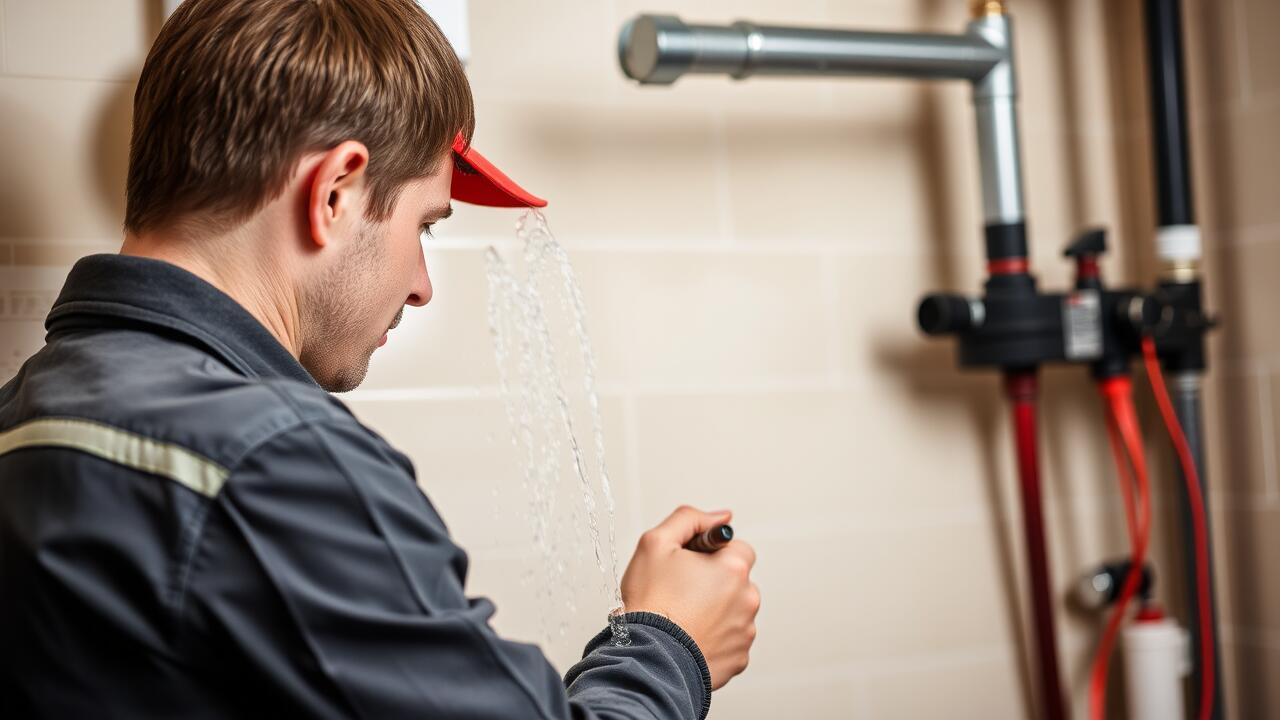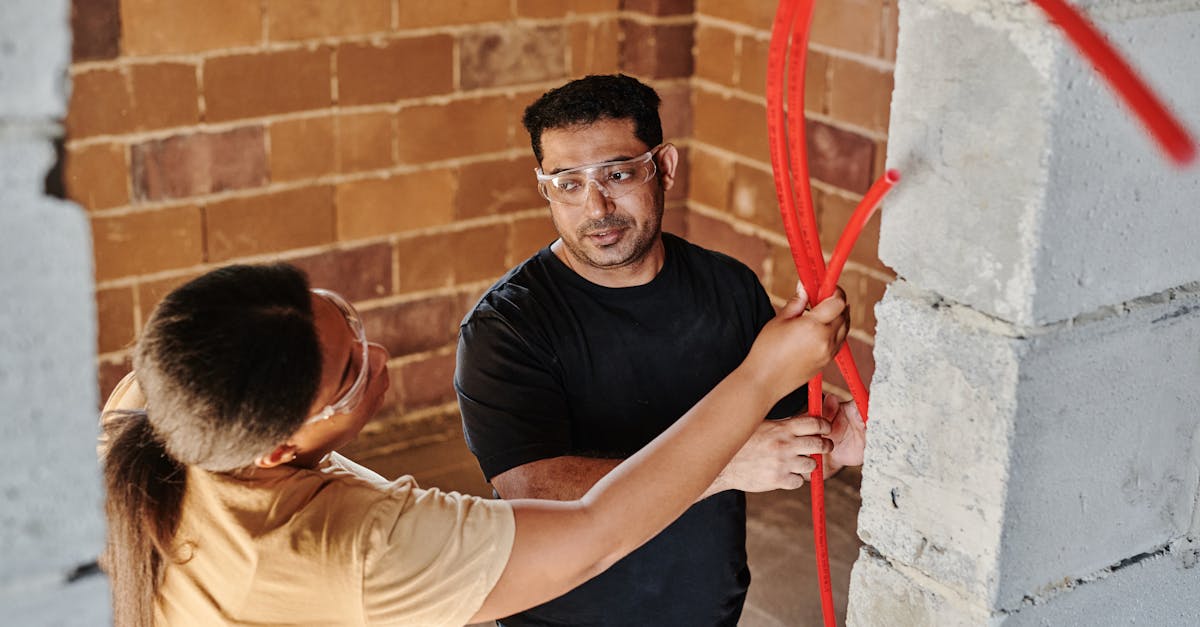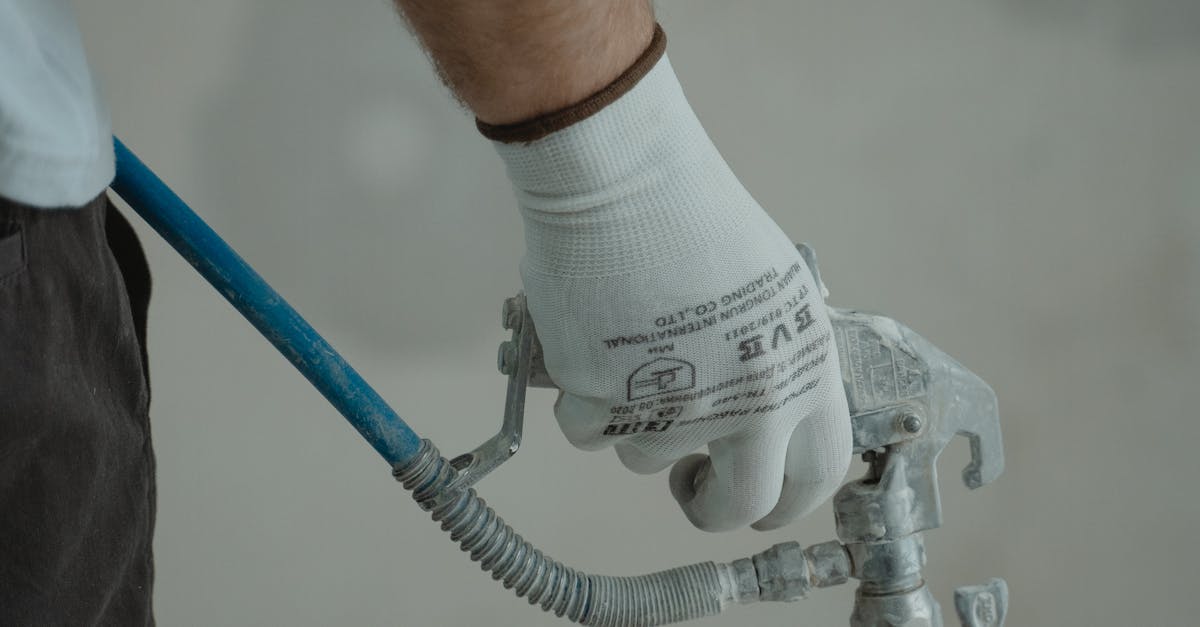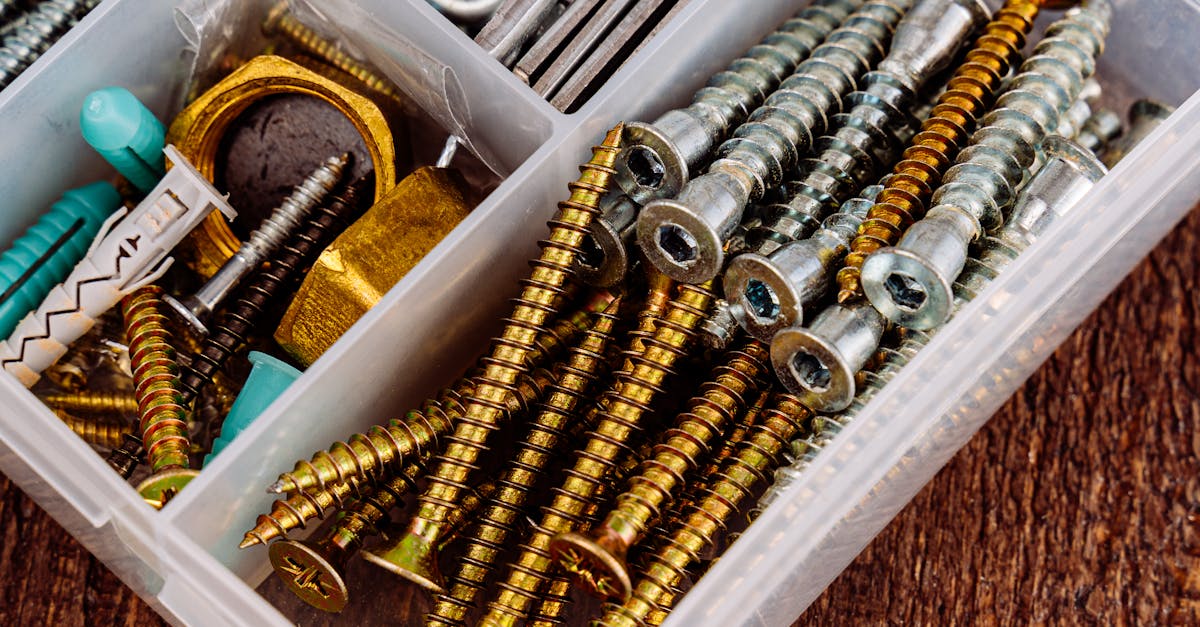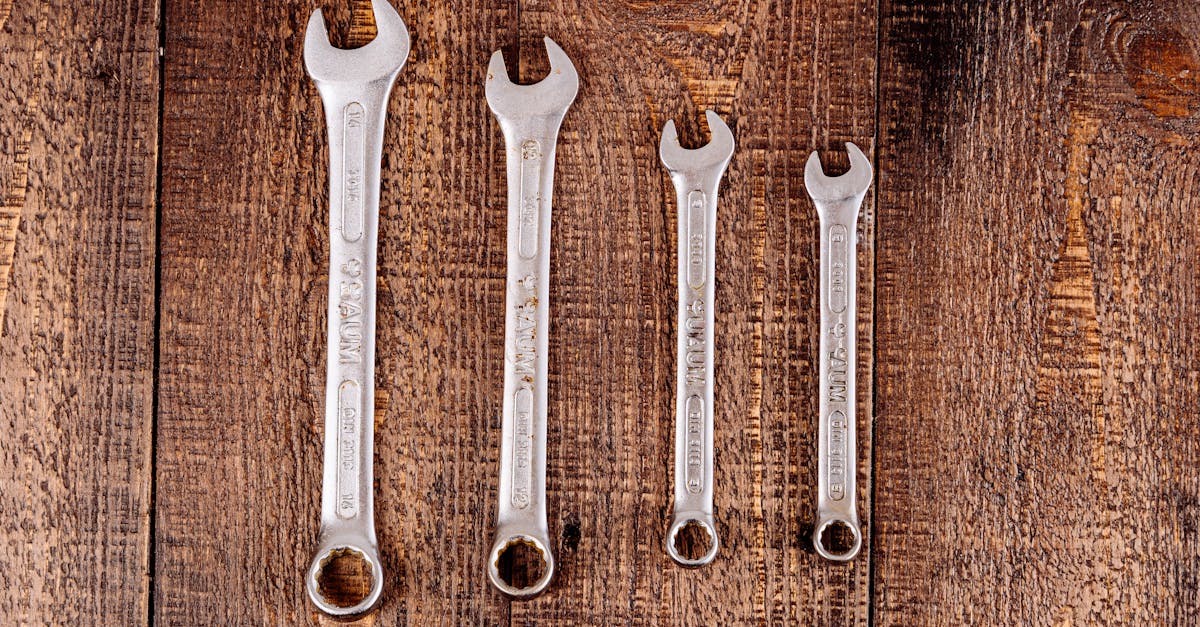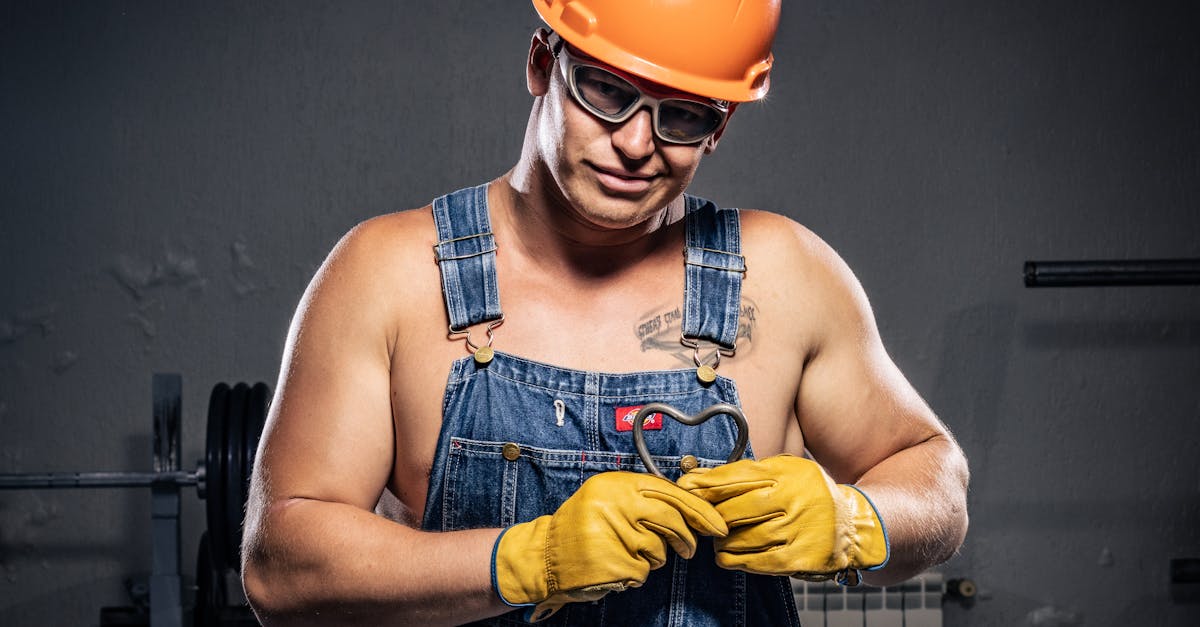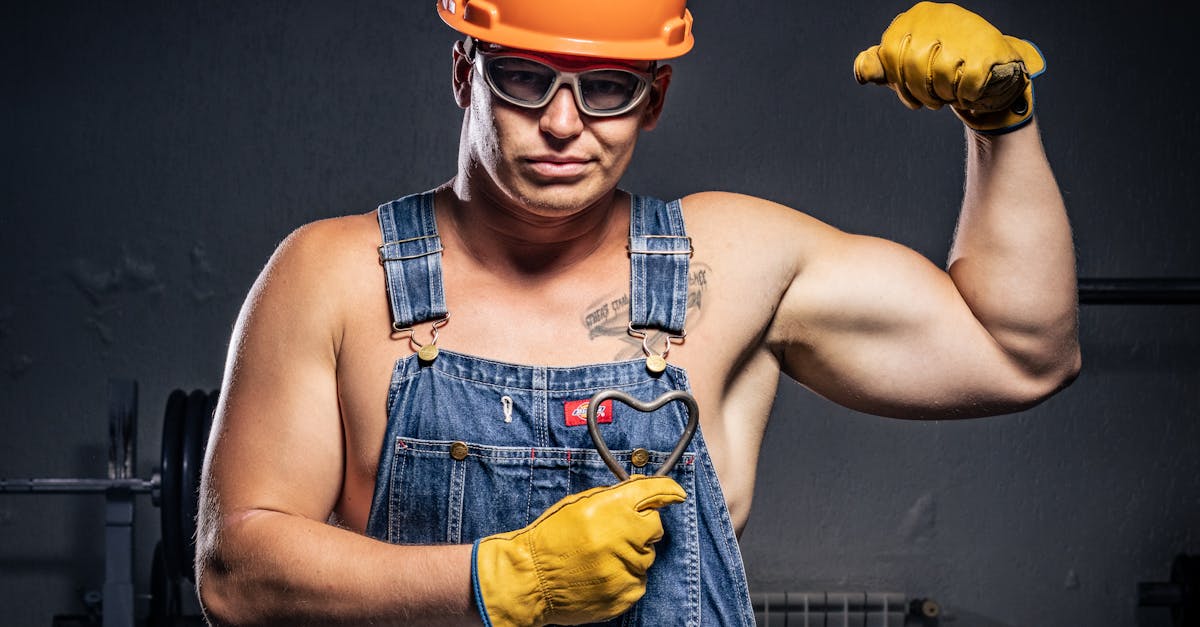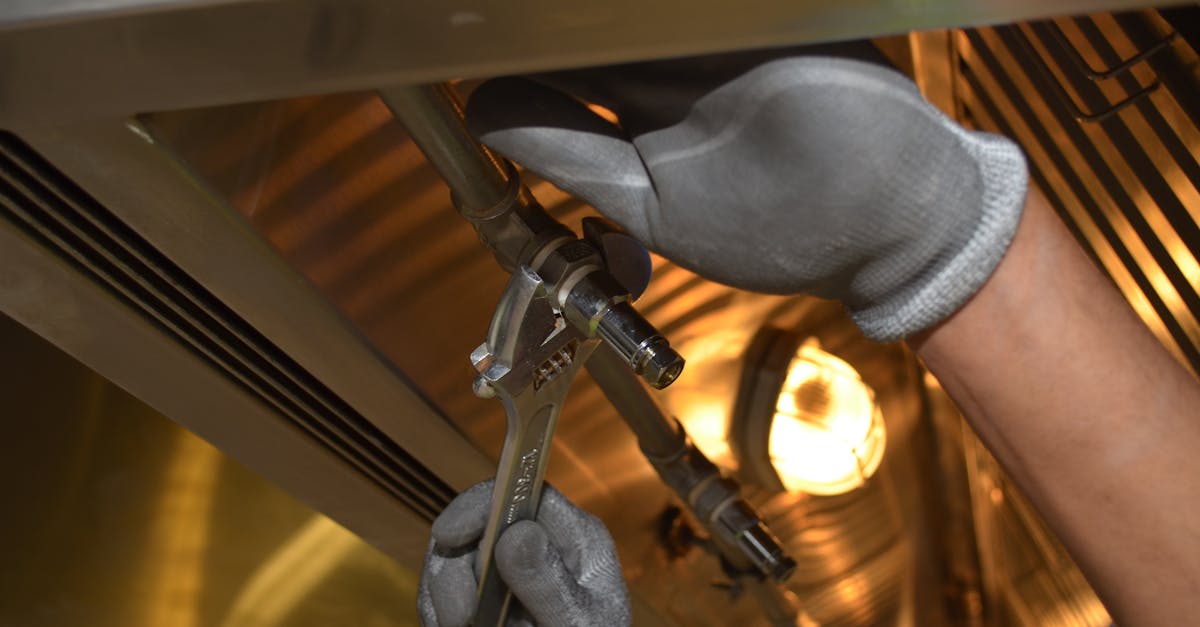
Table Of Contents
Inspecting the Heating Elements
Examining the heating elements in your hot water system is crucial when you experience issues with hot water availability. These components are responsible for heating the water, so if they malfunction, cold water could result. Signs of a faulty heating element may include inconsistent water temperatures or an entirely lack of hot water. It’s advisable to inspect these elements visually for any signs of damage, such as cracks or corrosion. If necessary, a multimeter can be used to test the elements for electrical continuity, ensuring they are functioning correctly.
If you find that the heating elements are not operational, you may need to consider hot water system repair. Replacing the heating elements can often resolve the issue and restore hot water supply. This process can be carried out by a qualified plumber or technician, ensuring the repair is done safely and accurately. Regular maintenance checks can help prevent future problems and prolong the life of the hot water system. Taking action promptly can save you from bigger issues down the line.
Testing for Functionality
Testing the functionality of your hot water system is essential for diagnosing any issues. Start by checking the thermostat settings. Ensure that the temperature is set appropriately, generally between 60-65 degrees Celsius. If the thermostat is functioning correctly, you may need to examine the heating elements themselves. These components can burn out over time, leading to a lack of hot water. Performing a continuity test with a multimeter can help determine if the heating elements are operational.
If the heating elements are in good condition, consider exploring the power supply. Verify that the circuit breaker is not tripped and that there are no blown fuses affecting the system. Indicators of electrical problems may include unusual noises or inconsistent water temperatures. If both the thermostat and power supply appear to be functioning properly, further diagnostics might be necessary. In such cases, taking advantage of a professional for hot water system repair can ensure that the problem is accurately identified and rectified.
Age of the Water Heater
The age of your water heater plays a significant role in its performance and reliability. Most water heaters have a lifespan of around 10 to 15 years, depending on the type and brand. As these systems age, the likelihood of issues increases. If your unit is approaching or has surpassed this age range, it may struggle to provide reliable heating. Regular maintenance might extend its functionality, but significant deterioration often leads to failure in hot water production.
When it comes to older units, it’s essential to assess whether repair or replacement is the better option. Hot Water System repair can sometimes be a viable solution, addressing issues like sediment build-up or malfunctioning components. However, if the heater has multiple problems or efficient heating has noticeably declined, investing in a new unit may ultimately save you money and enhance your home's overall efficiency.
Understanding Lifespan and Replacement
Most water heaters have a lifespan of around 10 to 15 years, depending on the type and how well they have been maintained. Regular servicing can extend the working life of a unit. However, as they age, components can wear out, leading to inefficiencies and potential breakdowns. If a heater is approaching the end of its lifespan, it may be more cost-effective to consider replacement rather than opting for continuous repairs. Hot Water System repair might only provide a temporary fix in such instances.
When contemplating replacement, it is crucial to assess the energy efficiency of newer models. Upgrading to a modern system can lead to significant savings on energy bills and improved performance. Additionally, newer units may come with enhanced features, offering greater reliability and convenience. Should you decide to replace an old water heater, consulting with a professional can help identify the best options for your needs.
Plumbing System Blockages
Blockages in the plumbing system can significantly impact the performance of your hot water system. Accumulations of sediment, mineral deposits, or even debris can restrict the flow of water, preventing it from reaching your taps efficiently. Such issues may escalate into larger problems if not addressed promptly, leading to reduced water pressure or even failure of the hot water system entirely.
Identifying clogs and restrictions typically involves a thorough inspection of the plumbing lines and fixtures. Engaging a professional for hot water system repair can help determine the exact location and nature of the blockage. Regular maintenance can also mitigate the risk of these issues developing, ensuring consistent hot water supply and reducing long-term repair costs.
Identifying Clogs and Restrictions
When experiencing issues with your hot water, blockages within the plumbing system can often be a key culprit. These clogs usually develop in pipes and fittings, impeding the flow of hot water. Common causes include the accumulation of mineral deposits, debris, or even sediment from the water supply. Regular maintenance of the plumbing system can help keep these potential obstruction points clear, ultimately improving the efficiency of hot water delivery.
Identifying signs of restrictions in your plumbing can be straightforward. Look for reduced water pressure or inconsistencies in water temperature, both of which may indicate a blockage. Investigating these issues promptly is crucial, as they can lead to larger problems if left unaddressed. In some instances, enlisting professional help for hot water system repair may be the best course of action, ensuring that any underlying issues are diagnosed and resolved effectively.
FAQS
What are some common reasons why my hot water isn't working?
Common reasons for hot water issues include malfunctioning heating elements, age of the water heater, and plumbing system blockages.
How can I inspect the heating elements of my water heater?
Inspecting the heating elements involves turning off the power to the unit, removing the access panels, and visually checking for damage or corrosion.
How long do water heaters typically last?
Most water heaters have a lifespan of about 8 to 12 years, depending on maintenance and usage.
What should I do if I find a blockage in my plumbing system?
If you identify a blockage, you may need to clear the clog using a plumber’s snake or a plunger, or consider calling a professional plumber for assistance.
Is it safe to attempt repairs on my water heater myself?
While some minor repairs can be done safely, it's recommended to consult a professional for any significant issues to prevent injury or further damage.
